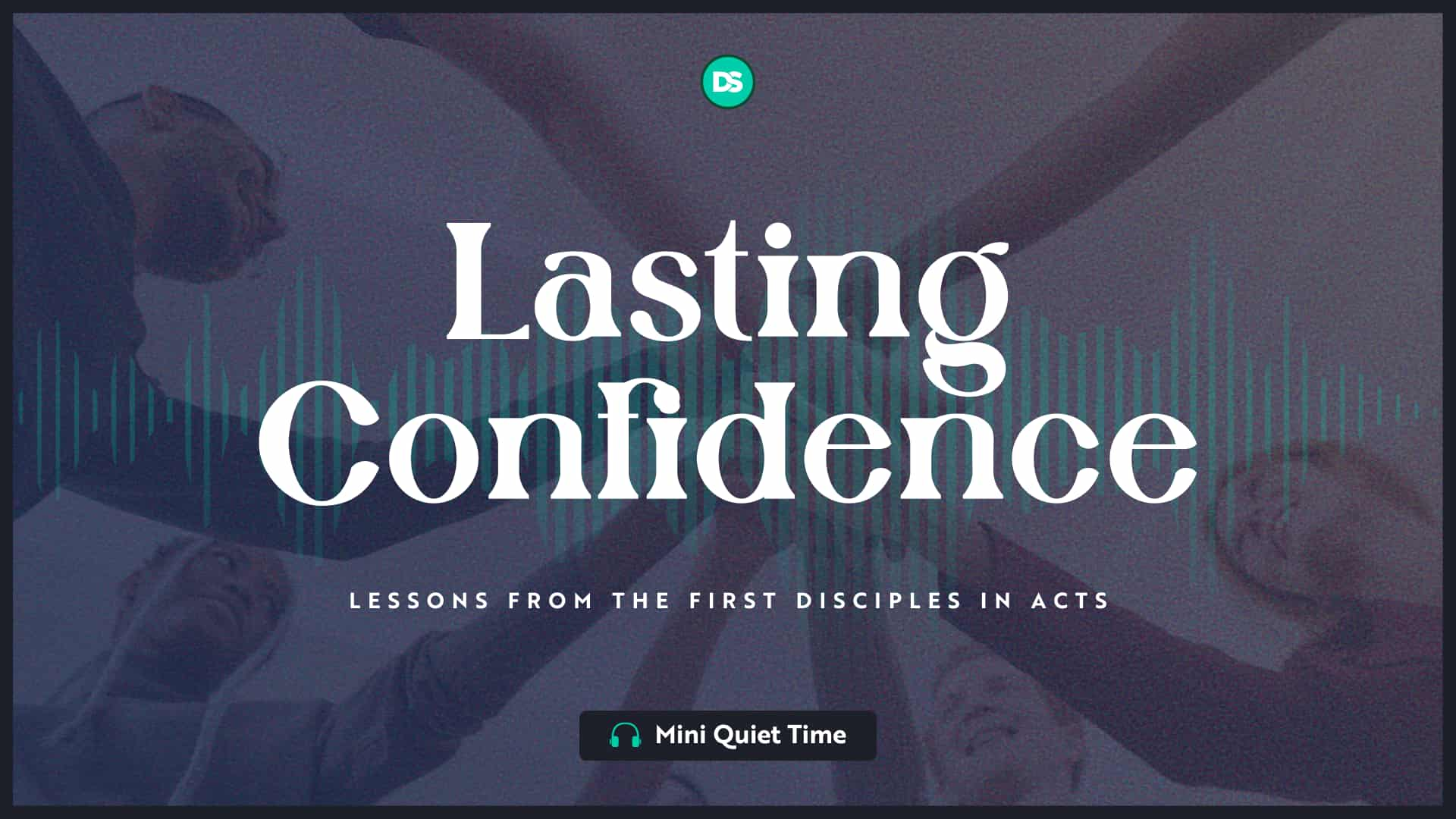Spiritual reflection:
While David was at Horesh in the Desert of Ziph, he learned that Saul had come out to take his life. [16] And Saul’s son Jonathan went to David at Horesh and helped him find strength in God.
1 Samuel 23:15-16 NIV
Spiritual questions:
- Do you take initiative in the lives of your friends or wait to be invited?
- Do you help your friends find strength in you or in God?
- What are five qualities of a superficial friend?
- What are five qualities of a deep friend?
- Who are your superficial friends? Who are your deep friends?
- How can you make all of your friendships deep?
Spiritual prayer:
The goal of this prayer is to take the answers to your questions, and turn them into the substance of a prayer about your relationships. Talk to God about whether you agree that the scriptures teach that relationships should be deep. If you agree talk to him asking for help to deepen your relationships, but if you don’t agree explain to him your reasoning asking for help to be certain.
Spend time praying through 3-10 relationships in your life including your family, and asking God to help you make those relationships what they need to be. Remember to examine areas of fear or apathy affecting your desire for “Deep Friendships,” or any other factors that might make them more difficult to build.
Keep these prayers going for as long as it takes to either build 3-5 “Deep Friendships” that strengthen you as you strengthen them, or reach a point where you finally accept the scriptures that teach us to build “Deep Friendships” of love (I Peter 1:22, 4:8).
Spiritual commitment:
Proverbs is a great book filled with insight about how to build “Deep Spiritual Friendships,” so it will be your reading commitment for this quiet time.
We are adding the term “Spiritual” to “Deep Friendships,” in this section, because some of us can create relationships which ‘feel deep’ because they are emotional, but due to their lack of God-centeredness lack spirituality.
Proverbs can help us put the spiritual into our deep friendships. In our reading, we should identify the 5-7 qualities of “Deep Spiritual Friendships” we want to practice. At the same time, we should identify the deterrents to building “Deep Spiritual Friendships.” We can use these principles as a guide for months and years to come in building great spiritual friendships.
Spiritual conversation:
I long to see you so that I may impart to you some spiritual gift to make you strong— [12] that is, that you and I may be mutually encouraged by each other’s faith.
Romans 1:11-12 NIV
Selection is rare and difficult, but something you will have to practice if you are going to build “Deep Friendships.”
We should love, include, and reach out to as many people as we can, but we all have limits. The circle of people who will influence you most are important, and we must be selective about those choices.
This is a difficult subject to broach, but the long term success of your marriage and family, education and career, as well as your spiritual growth and leadership will be largely determined by the people you select for your inner circle of “Deep Friendships.”
A great set of spiritual conversations to have is with people you believe are a must on your list of “Deep Friendships.” Spend time over the next few weeks communicating and solidifying the bond we are calling “Deep Friendship,” so you can rely on them to strengthen you as you strengthen them in your mutual journeys toward God’s destiny for your lives.
Browse series
Explore more:
As the editor in chief for Deep Spirituality, Russ Ewell writes, teaches, and innovates with his eyes on the future. His teaching is rooted in providing hope for those turned off by tradition and infused with vision for building a transformative church. His passion to inspire even the most skeptical to view God through fresh eyes can be found in his book, He's Not Who You Think He Is: Dropping Your Assumptions and Discovering God for Yourself.
As the editor in chief for Deep Spirituality, Russ Ewell writes, teaches, and innovates with his eyes on the future. His teaching is rooted in providing hope for those turned off by tradition and infused with vision for building a transformative church. His passion to inspire even the most skeptical to view God through fresh eyes can be found in his book, He's Not Who You Think He Is: Dropping Your Assumptions and Discovering God for Yourself.





